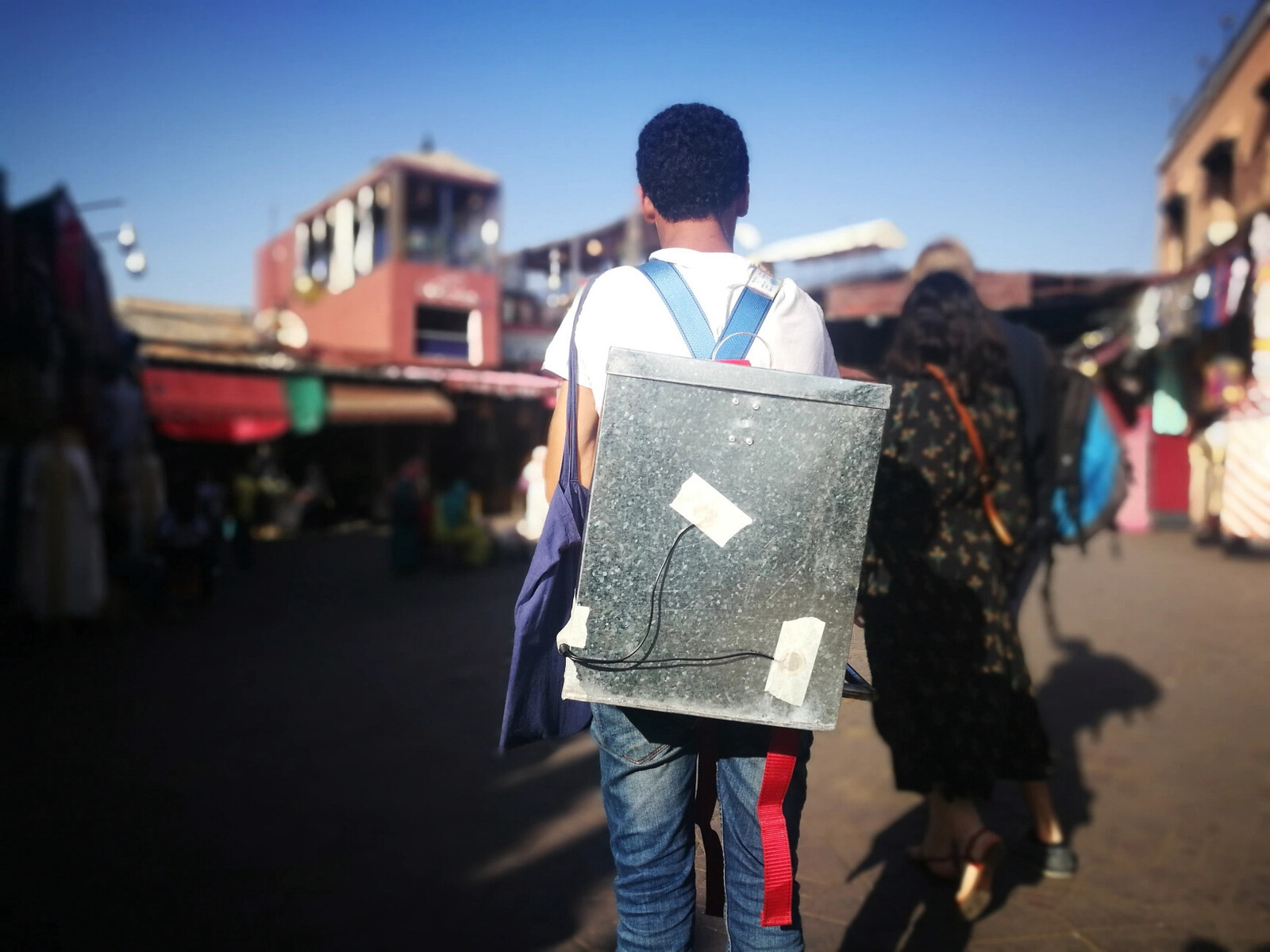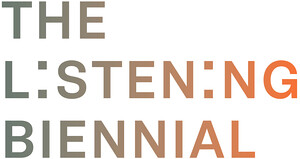July 6–August 8, 2023
Participating artists and contributors
Nicolás Kisic Aguirre (Peru); Rouzbeh Akhbari (Iran); Ayọ̀ Akínwándé (Nigeria); Yara Asmar (Lebanon); Aya Atoui (Lebanon); Teresa Barrozo (Philippines); Ariel Bustamante (Chile); Alejandra Canelas (Bolivia); Lucia Herbas Cordero (Bolivia); Silvia Rivera Cusicanqui (Bolivia); Tara Fatehi with Pouya Ehsaei (Iran/UK); Ibelisse Guardia Ferragutti (Bolivia/Brazil); Victor Mazón Gardoqui (Spain); Sara Hamdy & Jimena Croceri (Egypt/Argentina); Abdellah M. Hassak (Morocco); Hasan Hujairi (Bahrain); Igor Jesus (Portugal); Jason Kahn (US/Switzerland); Dirar Kalash (Palestine); Arendse Krabbe (Denmark); Landra (Sara Rodrigues with Rodrigo B. Camacho) (Portugal); Yolanda Mamani Mamani (Bolivia); mamoru (Japan); Sary Moussa (Lebanon); Arnont Nongyao (Thailand); Ayumi Paul (Germany); Planetary Listening (Germany); Bernardo Rozzo (Bolivia); Griselda Sánchez (Mexico); Alexandre St-Onge (Canada); The Observatory (Singapore); Zorka Wollny (Poland)
In contrast to forms of cognitive capitalism, Yves Citton argues for attentional ecologies that can support and enhance sensate sovereignty across society. While cognitive capitalism instrumentalizes and individualizes attention, attentional ecologies nurture critical and creative capacities and related interdependent bonds. Ecologies of attention are fundamental to acknowledging and supporting mutuality and reciprocity; they do much to keep open what counts within the arenas of the sensible, reminding how “attention is the rarest and purest form of generosity” (S. Weil). The second edition of The Listening Biennial is envisaged as an ecology of attention, one shaped by a critical concern for challenging existing constructs of exclusion and extraction, and that invites a shift from paying to giving attention. Such giving is emphasized as profoundly dynamic, that moves across a range of sites and scenes, and whose movements incite and seed forms of recognition and cooperation, collective joy and contestation. This includes what we may term poetic sensing, where methods of engagement are enhanced by the power of the imagination. Following such perspectives, The Listening Biennial opens onto questions of sensate sovereignty and attentional ecologies, as well as imaginary power and the acts of storying that follow, and how these contribute to communal flourishing.
As an exhibition and program of events, The Listening Biennial is facilitated through a constellation of participating institutions, spaces and curators, each of which supports the presentation of the Biennial across a range of sites. From its inception, the Biennial has been developed following a decentralized structure so as to nurture a greater sense for listening as what may support transcultural exchange and sharing. From Buenos Aires to Istanbul, Berlin to Manila, the Biennial searches for ways to foster links and connections, where the same commissioned audio works are shared and presented at participating venues over the same period and through diverse modes, including performance events, exhibition installations, listening sessions, radio transmissions and workshops. For the second edition of The Listening Biennial this takes shape through the presentation of 35 participating artists across 30 locations, which includes local programs of events and encounters. Through such an approach, the Biennial wishes to engage areas of concern within the arts while inviting artists and researchers to reflect upon the role listening plays in their process and work, as well as across different societal contexts.
Participating institutions, spaces and collectives:
Beirut Art Center (Beirut); Radio Alhara (Bethlehem); Sonic Spaces (Cairo); Space21 (Kurdistan); Bakeriya Space (Colombo); Goethe Institut/Max Mueller Bhavan (Kolkata); University of the Philippines Fine Arts Gallery; Goethe-Institute Philippinen (Manila); Alitaptap Artists Community (Cavite, Philippines); Silpakorn University (Bangkok); Multimedia University Malaysia (Cyberjaya); Instituto Camões (Tokyo); soundpocket (Hong Kong); Cultura Jalisco (Mexico); SomaRumor (Rio de Janeiro); CASo - Centro de Arte Sonoro (Buenos Aires); Municipal Secretary of Cultures La Paz (Bolivia); Tsonami Arte Sonoro (Valparaíso); Errant Bodies (Berlin); Galeria Quadrum; Hangar; Antecâmara; Brotéria; Stolen Books (Lisbon); AMEE (Madrid); Lydgalleriet (Bergen); Listen Gallery (Glasgow); Center for Cultural Decontamination with Radio Belgrade (Belgrade); Amek x Easterndaze (Varna, Bulgaria); L’École d’art of Université Laval (Quebec City); Museum of Contemporary Art (Toronto); Müze Gazhane (Istanbul)
The Listening Biennial
Curators: Rayya Badran, Guely Morato, Luísa Santos, Dayang Yraola
Curatorial partners: Anastasia (A) Khodyreva, Bojana Knežević, Isuru Kumarsinghe and Sara Mikolai, Gentian Meikleham, Debashis Sinha, Elif Gülin Soğuksu, Lucia Udvardyova
Artistic director: Brandon LaBelle
Curatorial associates: Budhaditya Chattopadhyay, Israel Martínez, Yang Yeung
Design: fliegende Teilchen, Berlin; Kristin Rosch
Support from: Oficina de Autonomia; Norwegian Artistic Research Programme / Faculty of Fine Art, Music and Design, University of Bergen; Errant Bodies / Errant Sound, Berlin; family and friends.


